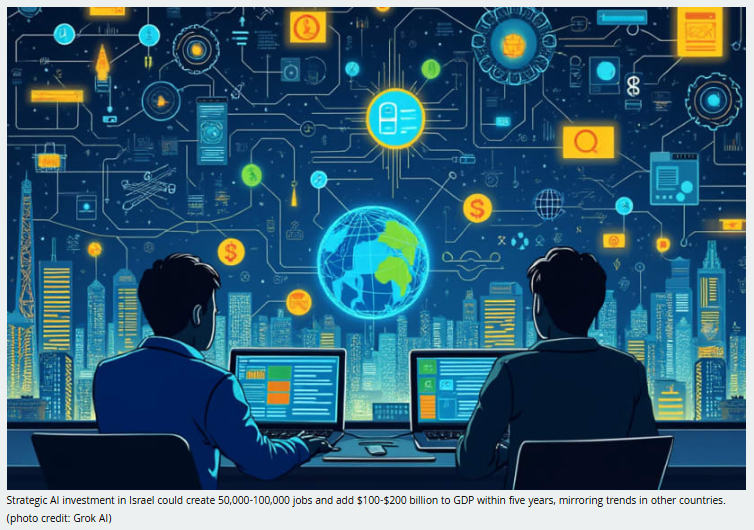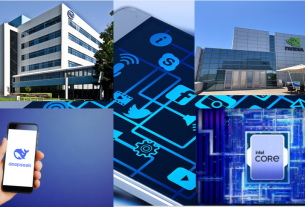The war that began on October 7 has profoundly impacted Israeli society and the economy, highlighting the urgent need for national resilience and self-reliance. This conflict has underscored a critical lesson: Israel must strive for independence in key areas that ensure its stability—security and defense, energy, and agriculture. Realizing that international support may be limited in extreme situations has reignited a focus on technological innovation and economic strength.
The rise of artificial intelligence
At the same time, the world is witnessing one of the most significant technological revolutions in history: the rise of generative AI. According to a report by McKinsey, generative AI could add up to $4.4 trillion annually to the global economy. This technology has the potential to transform industries, create new job categories, democratize education, and revolutionize healthcare, making it more affordable and accessible to all.
AI’s transformative potential in key sectors
Education: AI can democratize education, providing high-quality learning opportunities to every child, even in underserved areas.
Healthcare: AI has the potential to revolutionize medical care, lowering costs and ensuring top-tier treatment is accessible across Israel.
Showing commitment
The Israeli government has recognized this need and taken initial steps, including establishing the Israeli Center for AI, showcasing its commitment to the field. Efforts are also underway to attract academic talent to Israel, helping foster a robust AI ecosystem.
However, government action alone is not enough. We, as business leaders and investors, need to step up. This is one of those rare moments where Zionism, societal impact, and capitalistic interests align perfectly. Investors can contribute to strengthening Israel’s economy, security, and quality of life while potentially reaping significant financial returns. There’s no better example of a “win-win” scenario in business.



